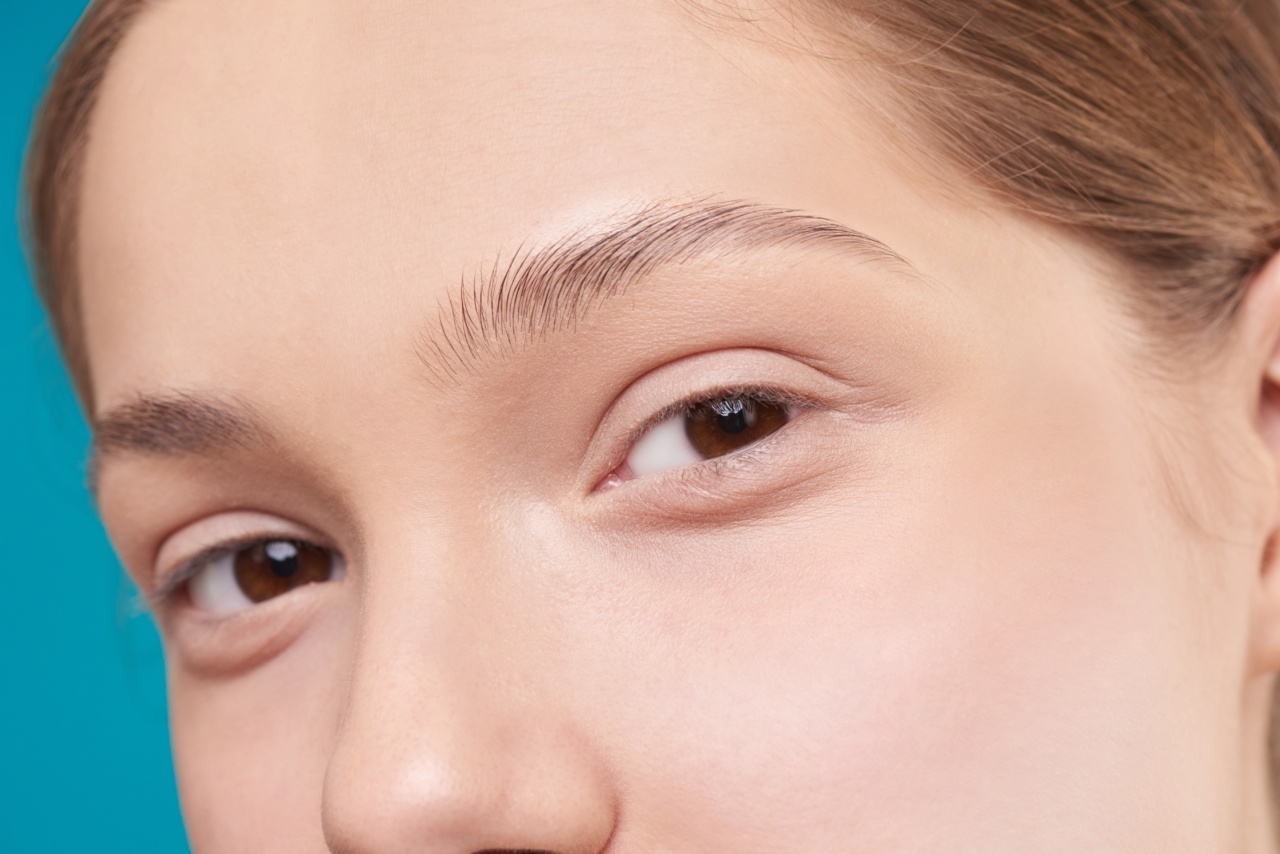The appearance of our skin is influenced by various factors, and diet plays a crucial role in maintaining clear and healthy skin. While skincare products are essential, what we eat can significantly impact the overall health and appearance of our skin.
In this article, we will discuss the do’s and don’ts of foods for clear skin, along with some pictures to help you make better choices for a glowing complexion.
1. Do: Include Fruits and Vegetables
When it comes to nourishing your skin, fruits and vegetables are your best friends. These natural sources of vitamins, minerals, and antioxidants provide essential nutrients that promote skin health.
Opt for colorful options like berries, citrus fruits, spinach, kale, and carrots to boost collagen production, repair damaged skin cells, and achieve a youthful glow.
2. Don’t: Consume Excessive Sugar
Sugar can be a major culprit when it comes to skin problems. High sugar intake can lead to inflammation and contribute to acne breakouts.
Avoid sugary treats, sodas, and processed foods, and opt for healthier alternatives like fresh fruits or natural sweeteners like honey or maple syrup.
3. Do: Hydrate with Water
Hydration plays a vital role in maintaining clear and supple skin. Drinking an adequate amount of water helps flush out toxins and keeps your skin moisturized from within.
Aim to drink at least 8 glasses of water a day to keep your skin hydrated and promote a radiant complexion.
4. Don’t: Overindulge in Dairy Products
Dairy products, such as milk and cheese, can trigger hormonal imbalances and lead to acne breakouts in some individuals.
If you notice a correlation between dairy consumption and skin issues, consider reducing your intake or opting for dairy alternatives like almond milk or vegan cheese.
5. Do: Incorporate Omega-3 Fatty Acids
Omega-3 fatty acids are known for their anti-inflammatory properties, which can help reduce skin redness and irritation.
Include foods rich in omega-3 fatty acids, such as fatty fish (salmon, mackerel), chia seeds, flaxseeds, and walnuts, in your diet for a clearer complexion.
6. Don’t: Rely on Highly Processed Foods
Highly processed foods, including fast food, chips, and packaged snacks, tend to be high in unhealthy fats, refined carbohydrates, and artificial additives. These ingredients can exacerbate skin inflammation and lead to breakouts.
Opt for whole, unprocessed foods whenever possible to support your skin’s health.
7. Do: Include Probiotics
Probiotics, also known as “good bacteria,” help maintain a healthy gut and can have a positive impact on your skin.
Incorporate probiotic-rich foods like yogurt, kefir, sauerkraut, and kimchi into your diet to promote a balanced gut microbiome and improve skin health.
8. Don’t: Neglect Your Zinc Intake
Zinc is an essential mineral that plays a crucial role in skin health. Its anti-inflammatory properties help control acne, regulate oil production, and promote the healing of damaged skin.
Include zinc-rich foods like oysters, lean meats, legumes, and pumpkin seeds in your diet for clear and healthy skin.
9. Do: Choose Whole Grains
Swap refined grains like white bread and pasta with whole grains such as whole wheat, quinoa, and brown rice. Whole grains are rich in fiber and contain vitamins that contribute to skin health.
They also have a lower glycemic index, which means they don’t cause rapid spikes in blood sugar levels that can lead to skin issues.
10. Don’t: Excessively Consume Caffeine and Alcohol
Caffeine and alcohol can dehydrate the skin, leading to a dull complexion and increased fine lines. While moderate consumption may not cause significant harm, excessive intake can impact your skin’s overall health.
Opt for herbal teas and limit your alcohol intake to maintain clear and vibrant skin.
In Conclusion
By being mindful of your food choices, you can nourish your skin from within and promote a clear and glowing complexion.
Remember to include plenty of fruits, vegetables, omega-3 fatty acids, and probiotics in your diet, while reducing sugar, processed foods, and dairy intake. Additionally, hydrating yourself with enough water and choosing whole grains can contribute to healthier skin. With a balanced and nutritious diet, coupled with a good skincare routine, you can achieve the clear and radiant skin you desire.



























